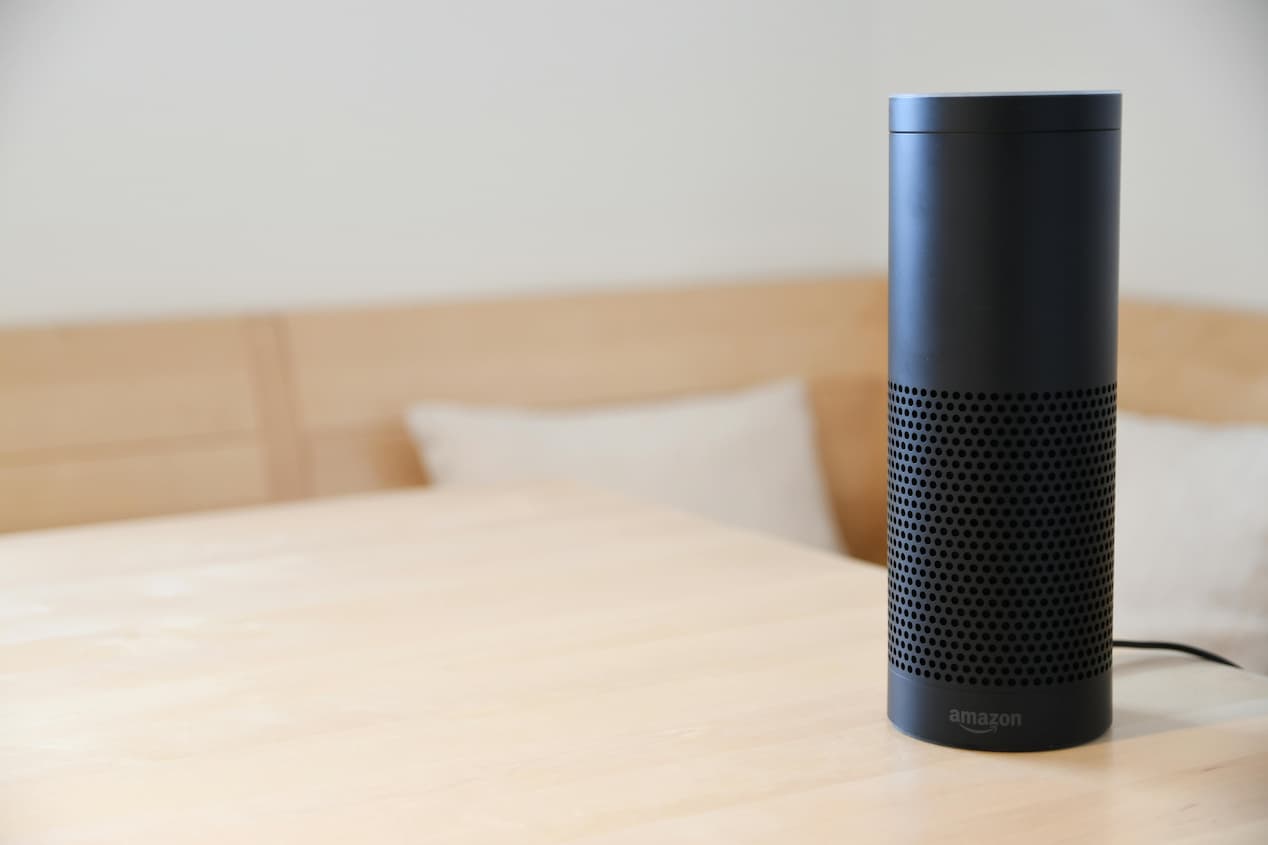Harnessing Solar Energy in Smart Homes
The transformation of homes into energy-efficient spaces represents a significant stride towards smart and sustainable living. In Birmingham, where environmentally-conscious homeowners are keen on reducing their carbon footprint while enhancing convenience and efficiency, the integration of solar panels with smart home technology stands out as a prominent trend. The essence is simple: harness the sun’s energy and optimise its utilisation through smart appliances. Smart homes equipped with solar panels not only bolster renewable energy adoption but also ensure efficient energy usage, curbing waste and leading to substantial cost savings.
Integration of Solar Panels with Home Automation Systems
At the heart of this integration lies the seamless connection between solar panels and the home automation system, wherein the photovoltaic system becomes an indispensable part of the smart home ecosystem. Smart metering plays a pivotal role in this synergy by enabling precise monitoring of energy generation and consumption. The real-time data feeds into the home’s energy management system, empowering it to make informed decisions like storing excess power in batteries or selling it back to the grid.
Home automation systems can be programmed to operate appliances during peak solar production hours, prioritising the use of clean energy over drawing from the grid. This entails scheduling activities such as running dishwashers and washing machines when solar power generation is at its peak. Moreover, residents of Birmingham can capitalise on grid integration incentives by feeding surplus energy back to the network.
Adhering to Best Practices for Smart Home Solar Installation
For a seamless integration of solar power with smart home technology, homeowners should follow several best practices. Conducting a thorough assessment of the household’s energy requirements and solar potential is crucial. Collaborating with a reputable local installer well-versed in Birmingham’s climate and building regulations is essential.
Considerations such as the rooftop’s orientation, angle, and shading issues must be factored in to maximise solar exposure. Opting for high-quality, resilient panels with a robust warranty is imperative for long-term reliability. Similarly, selecting a home automation system that aligns with solar optimization and is scalable to accommodate future technological advancements is equally important.
Monitoring and Controlling Solar Power via Smart Devices
Smart devices serve as the primary interface connecting users with their solar-powered smart homes. Through smartphones and tablets, homeowners can monitor solar panel performance, track energy usage, and make adjustments to settings. These devices provide real-time insights into the energy balance, recommend optimal times for operating heavy-duty appliances, and alert users to any system anomalies.
Advanced solar optimization software integrated into smart home systems can forecast energy generation patterns based on historical weather data and adjust household energy consumption accordingly. This proactive approach forms a critical aspect of energy management in contemporary smart homes.
Cost Analysis and Savings Potential of Smart Solar Systems
While the initial setup costs of integrating solar panels with a smart home system can be substantial, the long-term savings on energy bills often offset this investment. Particularly in Birmingham, where energy prices exhibit fluctuations, having a smart solar system can shield homeowners from the impact of volatile market changes.
Smart metering empowers residents to comprehend their energy consumption patterns and adapt behaviours to enhance savings further. Some energy providers offer dynamic time-of-use rates where electricity costs less during off-peak hours. Smart systems can leverage these rates by scheduling non-essential usage during these times, maximising cost-effectiveness.
Exploring Innovative Solar Technology and Smart Home Integration
The evolution at the intersection of smart technology and solar energy continues to progress. Smart appliances now possess the capability to communicate with one another to collectively optimise power utilisation. For instance, a refrigerator could postpone its cooling cycle to align with peak solar generation if it perceives that the dishwasher is in use.
Advancements in photovoltaic technology have enabled the integration of solar cells into building materials, turning windows and walls into active energy producers. Additionally, the integration of artificial intelligence (AI) is gaining momentum, with systems learning from user behaviour to predict energy requirements and adapt energy generation and storage strategies effectively.
Birmingham, like many forward-thinking cities, stands at the forefront of this integration journey. The shift towards eco-smart homes powered by solar energy not only elevates the residents’ quality of life but also significantly contributes to the city’s sustainability objectives.
Embracing smart home solar integration positions residents as active participants in an energy revolution that champions environmental cleanliness and sets the stage for a future dominated by autonomous, renewable energy-driven living. As the landscape of urban living continues to evolve, smart home solar integration holds the promise of delivering an efficient and sustainable energy system that reshapes the contours of modern living.





